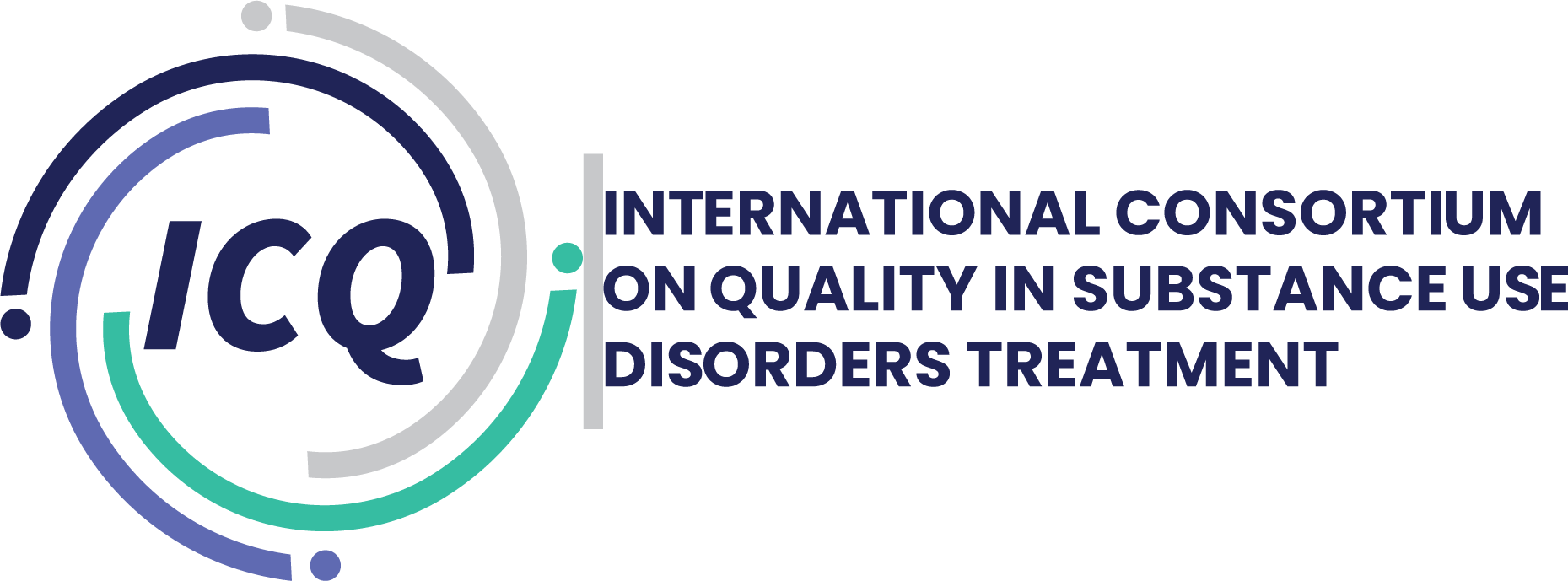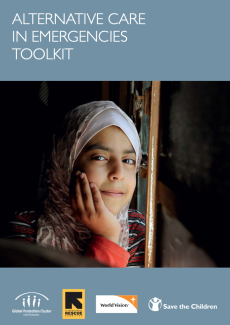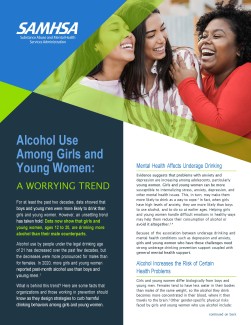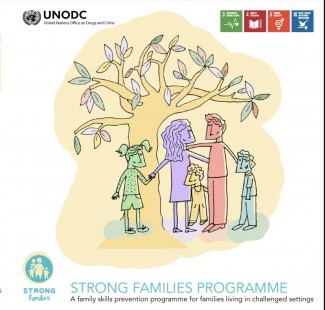Characterization of family violence of substance user patients (presented at CIJ in 2020) - Dr Carmen Fernández Cáceres , Day 4, 11:00-12:30
Presented as part of the Uniting the global community to face the challenge of addiction event, online on 15th May, 2022
Presentation:
- Characterization of family violence of substance user patients (presented at CIJ in 2020) - Dr Carmen...





